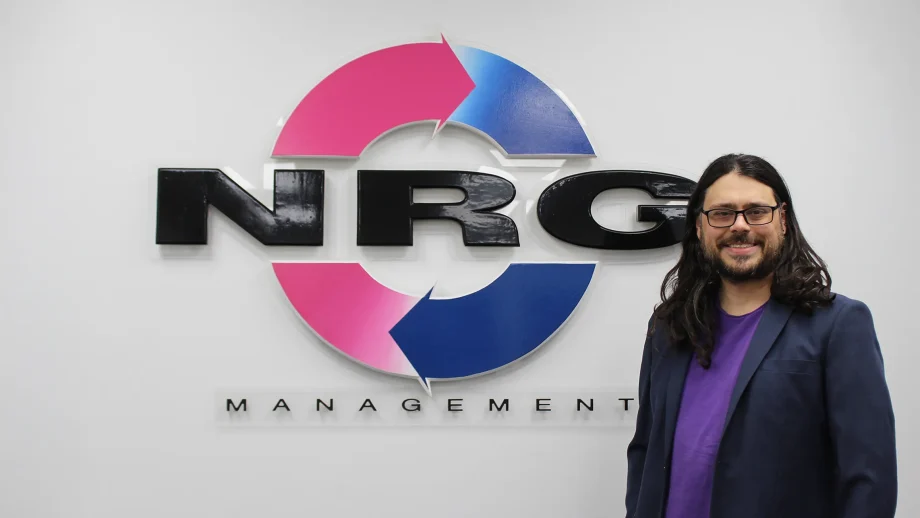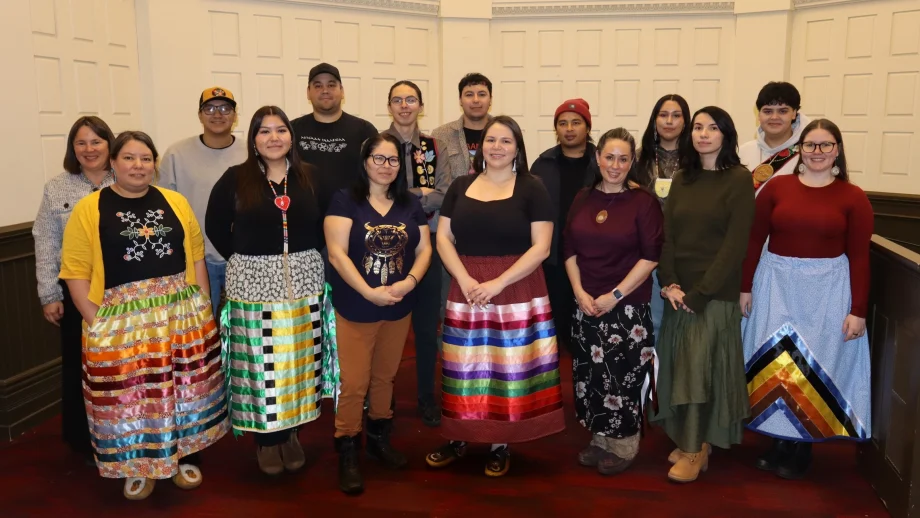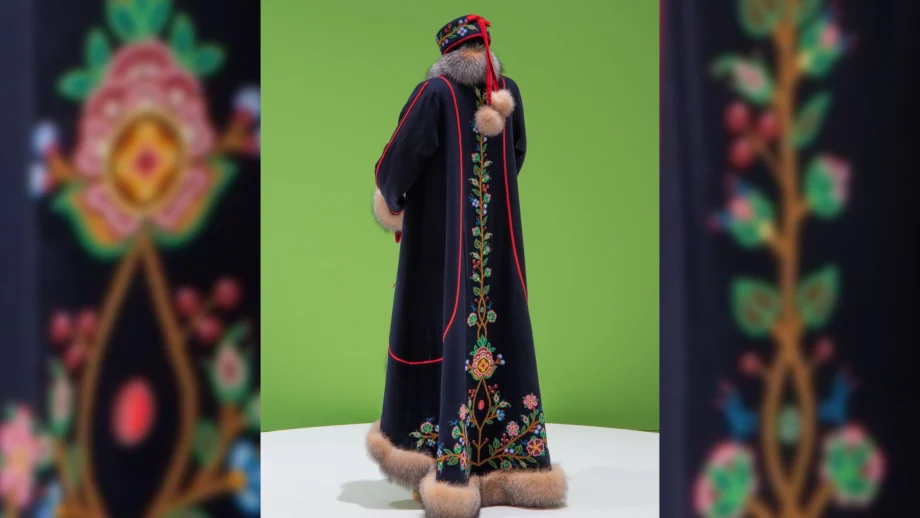Meagan Malcom is working with Associate Professor Dr. Jeannie Kerr, co-authoring a research report, Student-Led Decolonial Movements in Higher Education: A Case Study of the Indigenous Course Requirement at The University of Winnipeg.
As she reviews transcripts from interviews with Indigenous students and pores over academic journals she is gaining vital insight into the importance of this initiative.
Project provides vital insight
“I wasn’t a University of Winnipeg student when the Indigenous Course Requirement (ICR) was implemented in 2016 so this research has been a real eye-opening experience for me,” said Malcolm. “Being an Indigenous student myself, I am able to relate with the participants in this study.”
Being an Indigenous student myself, I am able to relate with the participants in this study.
Meagan Malcolm
Malcolm is an Anishinaabekwe from Roseau River Anishinaabe First Nation and an active student leader. While working toward her Bachelor of Arts in Criminal Justice, she has lobbied the federal government at Parliament Hill on Indigenous access to education and climate change issues.
As UWSA President, Malcolm sat on the Senate Indigenous Course Requirement Committee that supports the implementation of the ICR. This is where she met Kerr and learned about the project.
“I was excited to be able to continue working with Dr. Jeannie Kerr on this very important research project,” said Malcolm. “Being an Indigenous student I was interested in this topic and being able to help current and future Indigenous students to ensure that they feel like they belong here.”
An advocate for Indigenous students
Malcolm also advocates for Indigenous students nationally as a national executive representative for the Canadian Federation of Students Circle of First Nations, Inuit, and Métis Students.
While COVID-19 has prevented Malcolm and Kerr from meeting in person as often as they’d like, weekly Zoom meetings provide an opportunity to discuss research and stay connected.
Their research is being conducted in collaboration with the UWSA, with guidance from Elder Dan Thomas and Elder Calvin Pompana, and support from the Aboriginal Student Services Centre, and Indigenous Affairs.
They are exploring four key questions:
- In what ways were Indigenous students narrating, resisting and challenging colonial legacies through activities aimed at promoting a mandatory ICR at UWinnipeg?
- What strategies and tactics were used by the students to address their priorities?
- How can this initiative be understood in the framework of decolonial movements in higher education emerging from the priorities, thinking and actions of Indigenous students?
- How are Indigenous students currently understanding and narrating the ICR in their experience of higher education?
As the answers to these questions are uncovered, Kerr looks forward to sharing the report with participants, collaborators, and supporters for their corrective influence and advice. It will then be made available to the larger university community, likely through the WinnSpace Repository.
Understanding Indigenous student perspectives
“By examining the ICR through these questions, and from the perspectives of Indigenous student activists, we hope to share an important UWinnipeg story where Indigenous student resurgence challenged and changed settler-colonial structures,” said Kerr.
This is Malcolm’s first experience co-authoring a report of this calibre, and she says the chance to work alongside Kerr is giving her a new perspective on the importance of the ICR, and what a career in academia might look like.
“I have gained a lot from working alongside Dr. Kerr. She has helped me to become a better researcher,” said Malcolm. “I am continuing to learn and gain knowledge about this research topic. The Indigenous Course Requirement is an important step, but needs to be entangled with lots of other initiatives – more Indigenous faculty, structural change. It’s an opportunity to start something different.”
Malcolm graduates next year. She hopes the Indigenous Summer Scholars Program will help her develop the research skills she needs to succeed in law school where she plans to continue to use her voice to uphold Indigenous rights, protect ancestral lands, and advocate for Indigenous access to education.





